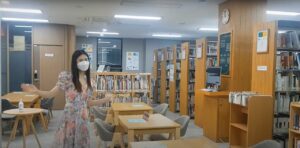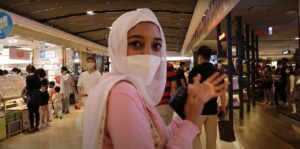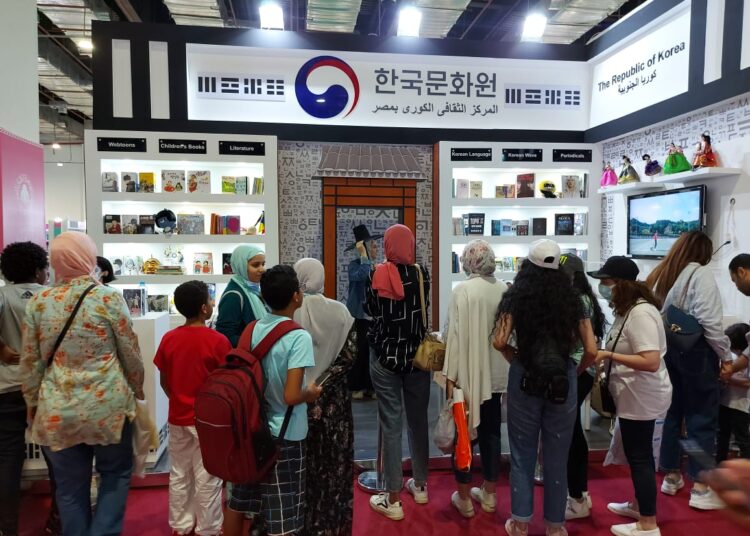The Korean Cultural Centre in Egypt releases a series of cultural events to introduce Korean literature to the Egyptian readers.
The events will include a series of video interviews that will be broadcasted on the Centre’s YouTube channel with a number of translators and critics on their experiences with Korean literature.
The interviewees will include Dr. Mahmoud Abdel Ghaffar, professor of comparative literature at Cairo University, who translated into Arabic a collection of the most important Korean literary works, Dr. Alaa Fathi a professor of Korean literature at Ain Shams University, as well as the young novelist Nahla Karam.

A number of Egyptian students who are currently studying in South Korea will transfer their experiences of Korea’s reading culture and the vital role of libraries and publishing houses in Korea. The Readers’ Club, one of Egypt’s largest reading clubs, will provide an in-depth reading of Korean literary works translated into Arabic.
In the same regard, the Korean Cultural Centre will participate in the 52nd Cairo International Book Fair, which will run until July 15, to promote cultural exchange between South Korea and Egypt while offering an opportunity to Egyptian readers to explore more aspects of Korean culture, particularly Korean literature.
The events of Korean Literature Month in Egypt will run till the end of July. A literary evening will be organised in order to provide an in-depth reading of the most important masterpieces of Korean literature translated into Arabic. A group of critics and publishing house officials interested in translating Korean literature will be invited.
Oh Sung-ho, Director of the Korean Cultural Centre, said that organising the “Korean Literature Month” event is considered an invitation to explore an essential element of Korean culture; ‘Korean literature’.

He pointed out that Korean literature is gaining increasing popularity on the international scene, similar to K-POP and Korean drama, thanks to topics of contemporary interest, which encourage many young people to learn Korean language.
Oh Sung acknowledged that translations of Korean literature into Arabic were still at an early stage, but he expressed the hope that new generations of Korean language graduates in Egypt would play a leading role in enhancing the number of Korean translations into Arabic.






Discussion about this post